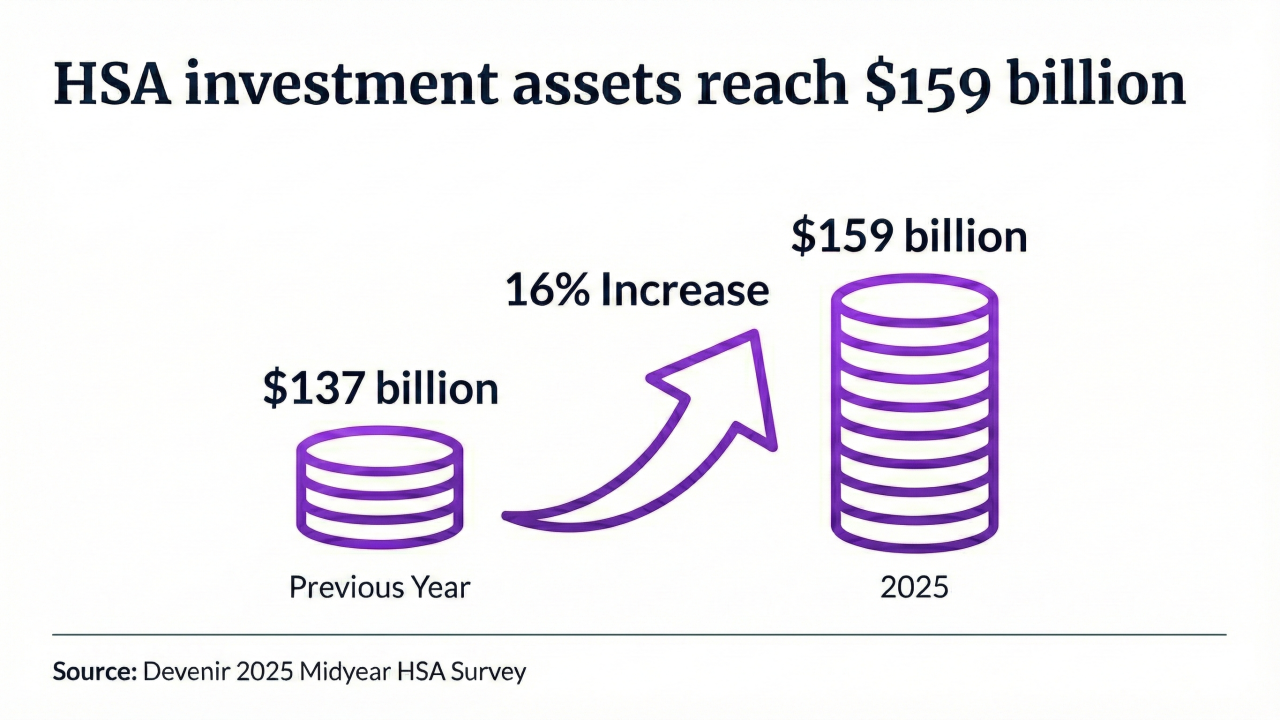If you have managed retirement plans, you have managed financial audits on those plans. That is, you should have managed the audits, rather than going along with whatever the finance group and the external auditors had in store for you.
We all know that benefit tax filings and related activity come behind all other audit deadlines in terms of priorities.
Thus, retirement plan audits often are not well planned and no advance preparation has taken place - that is the first common mistake.
The second is accepting the timeline that the auditors propose, which fits their schedules and not yours or your staff's.
The third common mistake is that you accept without question what information is requested and what will be audited. A theme seems to be developing . . .
Everyone involved in the audit wants the same thing in the end - a timely, on-budget and relevant audit of the retirement plans to protect the participants and the company and to ensure proper controls and processes are in place. The problem comes in how to get there.
Educating the auditors
Quite often, accounting firms use benefit audits as a training ground for their new auditors. I have spent many hours in my career educating these young professionals, but I always felt that the audit firm should have prepared the auditors with a little more training.
It's not fair to the young auditors, and it is certainly not fair for the client.
The conversations I've had with them in the past have covered the most basic subjects, such as service credit, forfeitures, eligibility and vesting.
In the course of one of these meetings a young auditor asked the infamous question: Who is ERISA and when do I get to meet her?
Although it is humorous, it reflects an area of concern for all of us. Raising the bar for the quality of benefits audits is a good thing for all of us - the audit firm, the company and the participants. In the real world, costs matter.
But the risk must be weighed against the immediate short-term cost by selecting well-trained auditors with benefit plans experience. That's your first order of business in ensuring a good audit, and it must be done well before the audit actually begins.
You should have this conversation early on in the year with the finance group to align your goals and become true partners in the process.
Nine audit tips
Here are a few tips to ensure your retirement plan audits meet your goals:
1. Meet with your finance group early in the year and discuss how the audits will be staffed and supported.
2. Prepare throughout the year the schedules and information you know will be requested for the year-end audit.
3. Have a kick-off meeting with the auditors and the finance group well before the audit begins to set expectations, goals and timelines.
4. Manage what will be audited. Some things are standard, others may be a useless exercise, and some may not be identified, but represent an area that needs review in your opinion.
Remember the audit should make the plan processes even better and afford more protections for the participants and the company.
5. Hold frequent status meetings to ensure the audit is on track.
6. Keep your senior management informed of the status as well as any potential areas of concern.
7. Stuff happens, so allow extra time in your timeline for unexpected setbacks.
8. Learn from the findings and use this knowledge to improve your internal controls and to better manage your vendors.
9. Hold a debriefing meeting as soon as possible after the reports are issued. -M.N.B.
Contributing Editor Mary Nell Billings is director of benefits, Americas for Hilton Worldwide. She holds both a BBA and MBA in accounting and finance from the University of Memphis. She can be reached at





